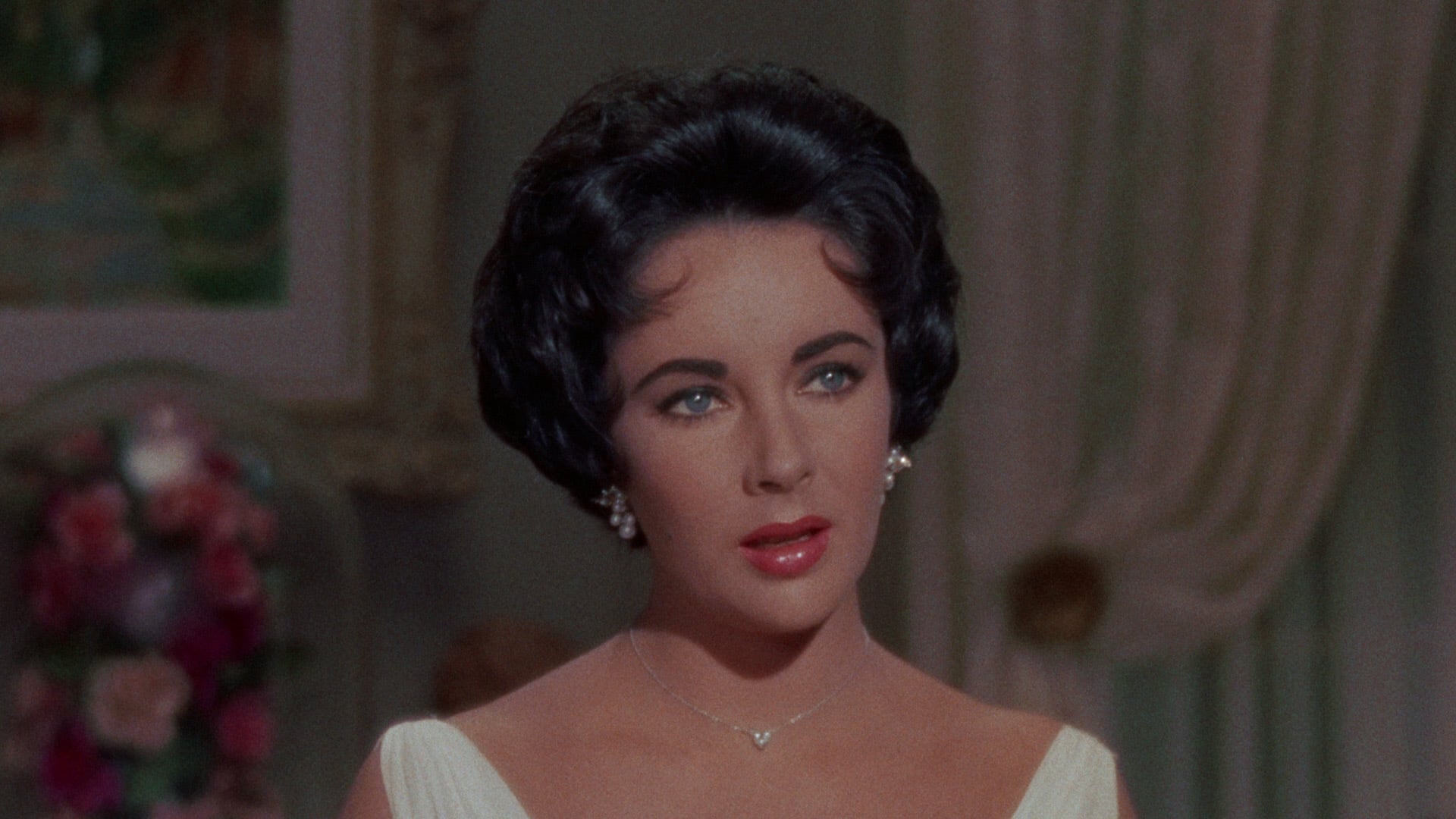
Removing this in favor of a ‘storybook’ ending, Brooks’ resolution of Brick and Maggie exerting intimacy disregards Williams’ true intentions of exposing the facades of underlying taboos.

By causing a character to still feel secluded in a typically intimate setting, the play circumvents conservative audiences’ expectations, instead highlighting communication as an avenue for mendacity. With Brick remarking that it would be “funny” if Maggie’s love was “true”, Williams’ adoption of the bedroom setting elevates the significance of lies further through his exploitation of what should be an honest environment. Forgoing a traditional resolution completely, Williams utilizes the essence of mendacity and isolation as much as he can, drawing out their presence until the last line of the film. However, Brick also appeases with Maggie in their bedroom an ending that draws no parallels with the original play.

With Brick and Big Daddy reconciling in the basement, Brooks’ detachment from isolation aligns the film with the protocols of 50s society, removing mendacity as a major theme.

Albeit grandiose, the Mississippi Delta Plantation home allows for less emotional solitude, instead leaving each different room to hold a different emotional conclusion. Although she concedes that they “occupy the same cage”, Maggie’s confession to Brick is perceived as less acerbic than when revealed in the play, in which the ever-present “cage” setting causes the line to be difficult to digest. Instead of beginning in the bedroom, Brooks’ adaptation depicts Brick attempting to jump hurdles, an event that was only alluded to in the play, instantly dispelling the complexity of confinement that Williams’ was insinuating. However, Brooks’ film forgoes this, and instead utilizes multiple exterior and interior locations to suit the conventions of film. Brick is initially unable to truly talk to his wife about the passing of his best friend, Skipper, instead leaving Maggie to have a one-sided conversation that “never materializes”.

The backdrop of Williams’ play is not only the most personal room of a house, but also the most intimate, and it’s this quality that constantly emits a feeling of isolation of mendacity. Being a common convention of plays, this typically allows the setting to become a catalyst for a theme or motif that the playwright has accounted for. From Act 1 all the way to Act 3, the location of Williams’ play is never shifted Maggie and Brick’s bedroom is continuously showcased despite the abundance of characters.


 0 kommentar(er)
0 kommentar(er)
